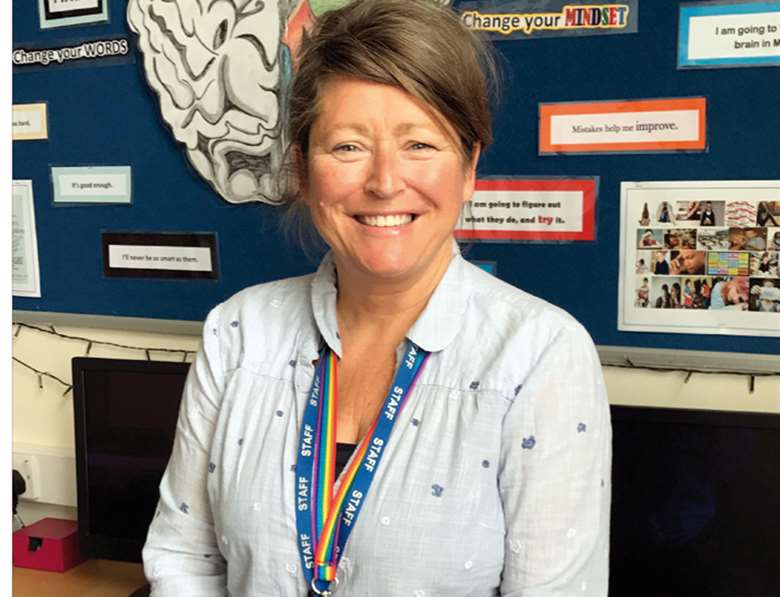Youth mental health champions
Derren Hayes
Wednesday, July 26, 2017
Teachers are to be trained how to respond to pupils in mental distress under a government initiative

The government is to train 3,000 teachers in mental health first aid to help support children showing early signs of mental distress.
Plans unveiled by Health Secretary Jeremy Hunt will see the government provide £200,000 for secondary school teachers to undertake a one-day training course to improve their knowledge on mental health problems and how best to respond.
The funding will pay for 1,000 teachers each year until 2020 to be trained as "youth mental health first aid champions". In addition to being a point of contact for young people experiencing emotional distress, the government wants champions to share knowledge with colleagues and the wider community.
The move is in response to a survey by teaching union NASUWT, which found that while 98 per cent of teachers said they had come into contact with pupils experiencing mental health problems, just 46 per cent had received any training.
The programme is to be provided by Mental Health First Aid (MHFA) England, a social enterprise that has delivered the course to more than 100 schools in England before the government scheme was announced (see case study).
It says the programme helps key figures in the young person's life, including parents, teachers, carers and youth workers, to give an initial response and guide them towards specialist support.
Schools that prioritise pupils' wellbeing have higher attainment and deliver more effective personal, social, health and economic education, it claims.
Training
MHFA England says the one-day course is usually run during term time and includes a range of presentations, discussions and activities. Issues covered include depression and anxiety, suicide and psychosis, and self-harm and eating disorders.
The training also covers how to:
- Spot the early signs and symptoms of mental ill health in young people
- Have the confidence to discuss issues and provide support
- Listen in a non-judgmental way
- Assess the risk of suicide and self-harm
- Guide young people to appropriate professional support or self-help strategies
- Be able to refer to crisis services
- Maintain confidentiality
- Protect themselves while performing their role.
Sarah Brennan, chief executive of children's mental health charity YoungMinds, says the training will help give staff the opportunity to gain confidence and understand mental health better.
"We hope it will encourage more leadership teams to put student wellbeing at the heart of their school which will benefit students and schools alike," she says.
"Young people need to learn about wellbeing and resilience from a young age, so when they leave school they are equipped to deal with problems and have the confidence to seek help. It is vital this work is part of a whole-school approach to wellbeing and that mental health is made a priority across the education system."
More details from https://mhfaengland.org/mhfa-centre/schools-programme/
10 Children in every class (of 30) likelyto have parents who have separated7 Pupils in every class likely to be bullied
1 Pupil in every class will have experienced the death of a parent
Source: Public Health England 2015
]]




